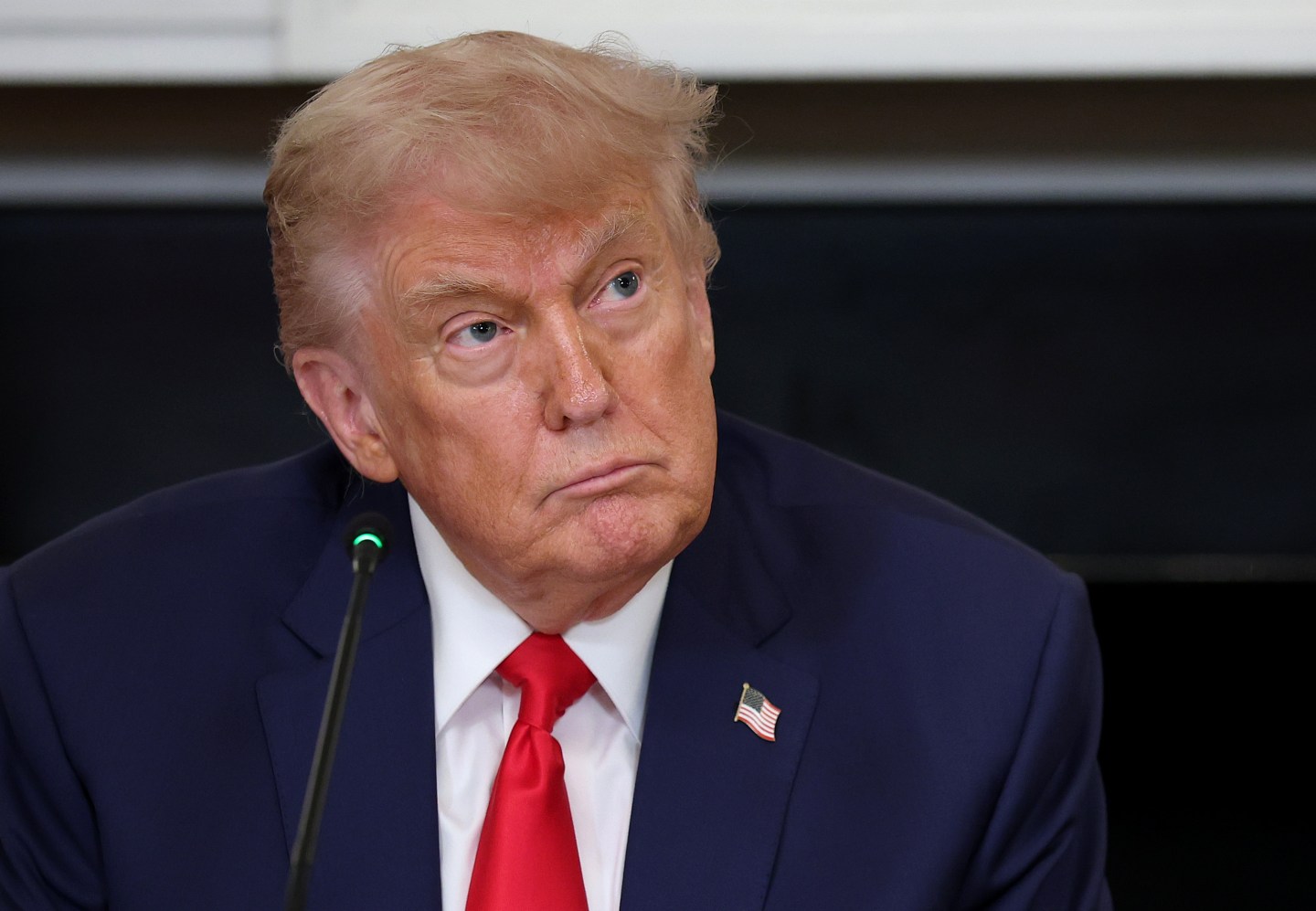When children of wealthy families reach adulthood, they often benefit from the largesse of parents in the form of a trust fund. It’s another way they get a leg up on less affluent peers, who may receive nothing at all — or even be expected to support their families.
But what if all children — regardless of their family’s circumstances — could get a financial boost when they turn 18?
That’s the idea behind a House GOP proposal backed by President Donald Trump. It would create tax-deferred investment accounts — coined “Trump Accounts” — for babies born in the U.S. Over the next four years, starting them each with $1,000. At age 18, they could withdraw the money to put toward a down payment for a home, education or to start a small business. If the money is used for other purposes, it’ll be taxed at a higher rate.
“This is a pro-family initiative that will help millions of Americans harness the strength of our economy to lift up the next generation,” Trump said at a White House event Monday for the proposal. “They’ll really be getting a big jump on life, especially if we get a little bit lucky with some of the numbers and the economy.”
While the investment would be symbolically meaningful, it’s a relatively small financial commitment to addressing child poverty in the wider $7 trillion federal budget. Assuming a 7% return, the $1,000 would grow to roughly $3,570 over 18 years.
It builds on the concept of “ baby bonds,” which two states — California and Connecticut — and the District of Columbia have introduced as a way to reduce gaps between wealthy people and poor people.
At at time when wealth inequality has soured some young people on capitalism, giving them a stake in Wall Street could be the antidote, said Utah Republican Rep. Blake Moore, who led the effort to get the initiative into a massive House spending bill.
“We know that America’s economic engine is working, but not everyone feels connected to its value and the ways it can benefit them,” Moore wrote in an op-ed for the Washington Examiner. “If we can demonstrate to our next generation the benefits of investing and financial health, we can put them on a path toward prosperity.”
Families of all income levels could receive ‘Trump Accounts’
The bill would require at least one parent to produce a Social Security number with work authorizations, meaning the U.S. Citizen children born to some categories of immigrants would be excluded from the benefit. But unlike other baby bond programs, which generally target disadvantaged groups, this one would be available to families of all incomes.
Economist Darrick Hamilton of The New School, who first pitched the idea of baby bonds a quarter-century ago, said the GOP proposal would exacerbate rather than reduce wealth gaps. When he dreamed up baby bonds, he envisioned a program that would be universal but would give children from poor families a larger endowment than their wealthier peers, in an attempt to level the playing field. The money would be handled by the government, not by private firms on Wall Street.
“It is upside down,” Hamilton said. “It’s going to enhance inequality.”
Hamilton added that $1,000 — even with interest — would not be enough to make a significant difference for a child living in poverty.
A Silicon Valley investor who created the blueprint for the proposal, Brad Gerstner, said in an interview with CNBC last year that the accounts could help address the wealth gap and the loss of faith in capitalism that represent an existential crisis for the U.S.
“The rise and fall of nations occurs when you have a wealth gap that grows, when you have people who lose faith in the system,” Gerstner said. “We’re not agentless. We can do something.”
Critics say poor families have more immediate needs
The proposal comes as Congressional Republicans and Trump face backlash for proposed cuts to programs that poor families with children rely on, including food assistance and Medicaid.
Even some who back the idea of baby bonds are skeptical, noting Trump wants to cut higher education grants and programs that aid young people on the cusp of adulthood — the same age group Trump Accounts are supposed to help. Pending federal legislation would slash Medicaid and food and housing assistance that many families with children rely on.
Young adults who grew up in poverty often struggle with covering basics like rent and transportation — expenses that Trump Accounts could not be tapped to cover, said Eve Valdez, an advocate for youth in foster care in southern California. Valdez, a former foster youth, said she was homeless when she turned 18.
Accounts for newborn children that cannot be accessed for 18 years mean little to families struggling to meet basic needs today, said Shimica Gaskins of End Child Poverty California.
“Having children have health care, having their families have access to SNAP and food are what we really need … the country focused on,” Gaskins said.












